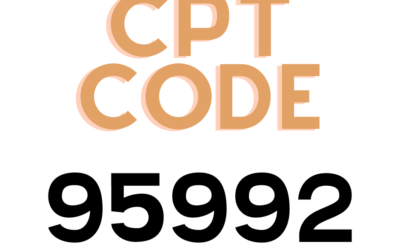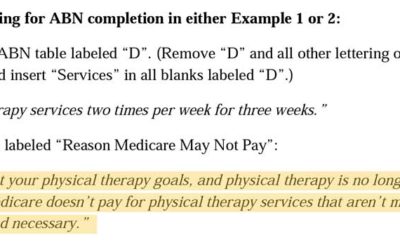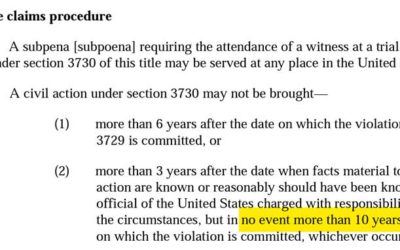Is a physical therapist a doctor?
Yes, a physical therapist who has earned a doctorate degree in physical therapy is a doctor but not a physician. A doctor of physical therapy may use the term doctor when referring to him or herself as “Doctor Jane Does, doctor of physical therapy.”
Effective January 2016 the Commission on Accreditation in Physical Therapy Education (CAPTE) required all accredited entry-level educational programs to switch to a doctorate degree in physical therapy.
Is a Physical Therapist a Doctor in 2022

All US-educated physical therapists starting their entry-level degree on or after January 2016 are required to complete a doctorate in physical therapy and will possess the educational title of “doctor of physical therapy.”
The commonly used method of introduction for a physical therapist with a doctorate degree is “Hi, my name is Jane Doe, I am a doctor of physical therapy.”
Is Every Physical Therapist a Doctor of Physical Therapy?
No. Many physical therapists who graduated before 2016 possess a master’s degree in physical therapy and physical therapists who graduated before 2000 may possess a bachelor’s degree in physical therapy.
There are transitional programs that may advance the degree from master’s or bachelor’s to doctorate, but the programs are expensive and may be time-consuming for a physical therapist that is working in the clinic.
Every physical therapist does not automatically ascend to the title of doctor of physical therapy.
Does a Doctor of Physical Therapy Earn a Higher Salary?
In some cases yes, but in most cases no.
Since the doctorate degree is still an entry-level degree to practice physical therapy, many therapists with a bachelor’s or master’s degree have more experience and thereby earn a higher hourly rate.
Insurance Reimbursement
Insurance payers like Medicare and UnitedHealthcare do not pay different rates based on educational level or years of experience.
Institutional Employers
Hospitals and universities may pay a slightly higher starting salary to individuals with higher levels of education, but this is just one component of a compensation package.
Should You Call Yourself Doctor?
Calling yourself a “doctor” remains a hot-button topic even after so many years.
Therapists who have earned the title of doctor of physical therapy are mixed in their opinion.
Most will say it is best to use the term doctor when referring to educational level, but it is important to acknowledge using the term doctor in ways that may make a patient incorrectly believe that you are a medical doctor may be problematic.
Signing Your Name
APTA has published that the proper use of the initials PT and DPT are as follows:
| The first designation is the profession | PT or PTA |
| The second designation is the highest educational level achieved | DPT, MPT, MSPT, BSPT |
For example John Doe, PT, DPT or Dr. John Doe, PT, DPT
My personal opinion:
I am a licensed physical therapist and achieved the educational level of a Master’s degree. I have no problem with therapists who seek to leverage the respect and power of their doctorate degrees.
I am happy to hear therapists refer to themselves as “Dr. John Doe, doctor of physical therapy” when introducing themselves to patients and colleagues.
Is a Physical Therapist a Doctor When the Degree is a Ph.D.?
Yes, a PT Ph.D. is commonly referred to as a doctor. Especially in universities or other academic settings.
“In physical therapy, this is often called the Doctor of Physical Therapy (DPT) degree; it differs from a PhD, where the focus is on research and the production of original scholarly work, and from a “post-professional doctorate” or “advanced practice doctorate,” which offers study in advanced or specialized clinical competencies to professionals who have graduated with another entry-level qualification, such as a bachelor’s or master’s degree.” – Source
CPT Code 95992
CPT Code 95992 CPT 95992 – Canalith repositioning procedure(s) (eg, Epley maneuver, Semont maneuver), per day* Source: NGS A56566 Appropriate Diagnosis to Charge CPT Code 95992 H81.11 - Benign paroxysmal vertigo, right ear H81.12 - Benign paroxysmal vertigo, left ear...
Reason Code 4 | Remark Code N519 Physical Therapy Denial
Reason Code 4 Medicare Remarks: "The procedure code is inconsistent with the modifier used or a required modifier is missing." The most common reason for this denial is a missing professional discipline modifier. GP Modifier Physical Therapy GO Modifier Occupational...
How to Confirm a PT Patient has Traditional Medicare vs Medicare Advantage
Traditional Medicare vs Medicare Advantage Plans Medicare Part B Traditional Medicare is often referred to as Medicare Part B. This plan pays for outpatient services which include physical therapy in private practice. Medicare Part C Medicare Advantage plans are...
Medicare ABN Form: Physical Therapist In Private Practice
What is a Medicare ABN Form? According to the Medicare Claims Processing Manual Chapter 30 Section 50: " The ABN is an Office of Management and Budget (OMB)-approved written notice issued by healthcare providers and suppliers for items and services provided under...
Physical Therapy Medical Record Retention Laws in 2022
Medical Record Retention Law Question: "Can someone point me to the resources for how long to maintain medical records? "Currently, in 2022, the longest duration you must store medical records is 10 years according to § 3731. False claims procedure.How long is a...






